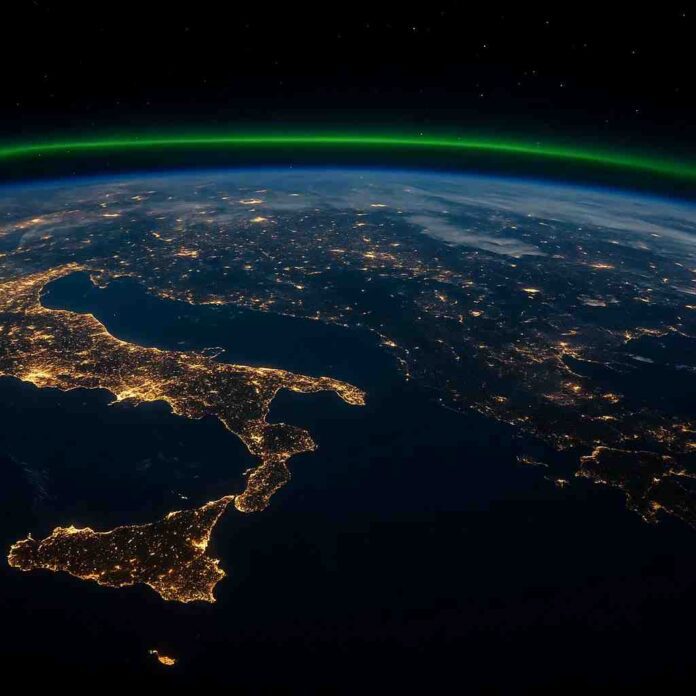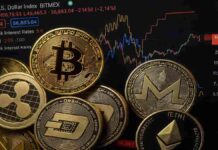# GLOBAL NEWS
In the past 12 hours, significant developments have unfolded across the globe, impacting economies, financial markets, and geopolitical relations. This article provides a comprehensive overview of the latest news from the United States, Europe, and Asia.
## US
The U.S. economy is facing a series of challenges as President Trump navigates complex political and economic landscapes. The Trump administration has mandated that Delta Air Lines and Aeromexico terminate their joint venture by January 1, 2026, which is expected to reshape the competitive dynamics in the airline industry. This decision follows the administration’s broader strategy to assert control over international business operations.
In the financial sector, the Federal Reserve is under scrutiny as an appeals court ruled that Trump cannot remove Fed Governor Lisa Cook before the upcoming Federal Open Market Committee (FOMC) meeting. This ruling comes as Stephen Miran, a Trump appointee, was confirmed to the Fed board, raising questions about the future direction of U.S. monetary policy, especially with potential interest rate cuts on the horizon.
In the tech industry, Tesla’s stock has rebounded significantly, erasing earlier losses for the year, fueled by renewed investor confidence. Meanwhile, CoreWeave’s stock surged following a $6.3 billion order from Nvidia, highlighting the growing demand for AI-related technologies.
The U.S. is also grappling with domestic issues, including a class-action lawsuit filed by the American Federation of Teachers against the Trump administration regarding delays in student loan forgiveness. This lawsuit underscores the ongoing tensions surrounding educational financing and access.
## EUROPE
Across the Atlantic, Europe’s economic landscape is marked by uncertainty and strategic maneuvering. The European Central Bank (ECB) has opted to maintain its key interest rates, despite pressures from rising inflation and economic stagnation. This decision reflects the ECB’s cautious approach as it navigates the complexities of the eurozone economy, which saw a marginal GDP increase of 0.1% in the second quarter.
In the UK, Prime Minister Keir Starmer is preparing for a state visit from President Trump, which is expected to include discussions on nuclear power deals aimed at boosting innovation and energy security. However, the visit comes at a time of political turbulence, with Starmer’s leadership facing scrutiny amid economic challenges.
Moreover, the UK is tightening its sanctions on Russia, targeting oil fleets and defense suppliers in response to ongoing military actions. This move aligns with broader European efforts to reduce dependence on Russian energy while addressing the geopolitical ramifications of the Ukraine conflict.
The recent downgrading of France’s credit rating by Fitch highlights the fiscal challenges facing the country, exacerbated by political instability and economic pressures. As the EU grapples with these issues, the sentiment among investors remains cautious, with many looking for signs of recovery in the coming months.
## ASIA
In Asia, significant developments are unfolding in the economic and geopolitical spheres. China’s economic slowdown continues to raise alarms, with retail sales and industrial output missing expectations in August. This trend reflects sluggish domestic demand and ongoing challenges posed by the government’s anti-involution campaign.
The Chinese yuan has been experiencing fluctuations against other currencies, with its recent strength against the dollar drawing mixed reactions from trading partners. Analysts warn that the yuan’s volatility could lead to increased tensions in trade relations, particularly with the U.S. and Europe.
In South Korea, the government is facing scrutiny over the treatment of workers involved in a recent immigration raid at a Hyundai battery plant. The U.S. immigration raid has sparked outrage and led to calls for a review of the treatment of detained individuals, highlighting the delicate balance between immigration enforcement and human rights.
Additionally, the Philippines is making strides in bolstering its naval defenses with the acquisition of a new frigate, aimed at enhancing its capabilities in the South China Sea amid ongoing territorial disputes.





